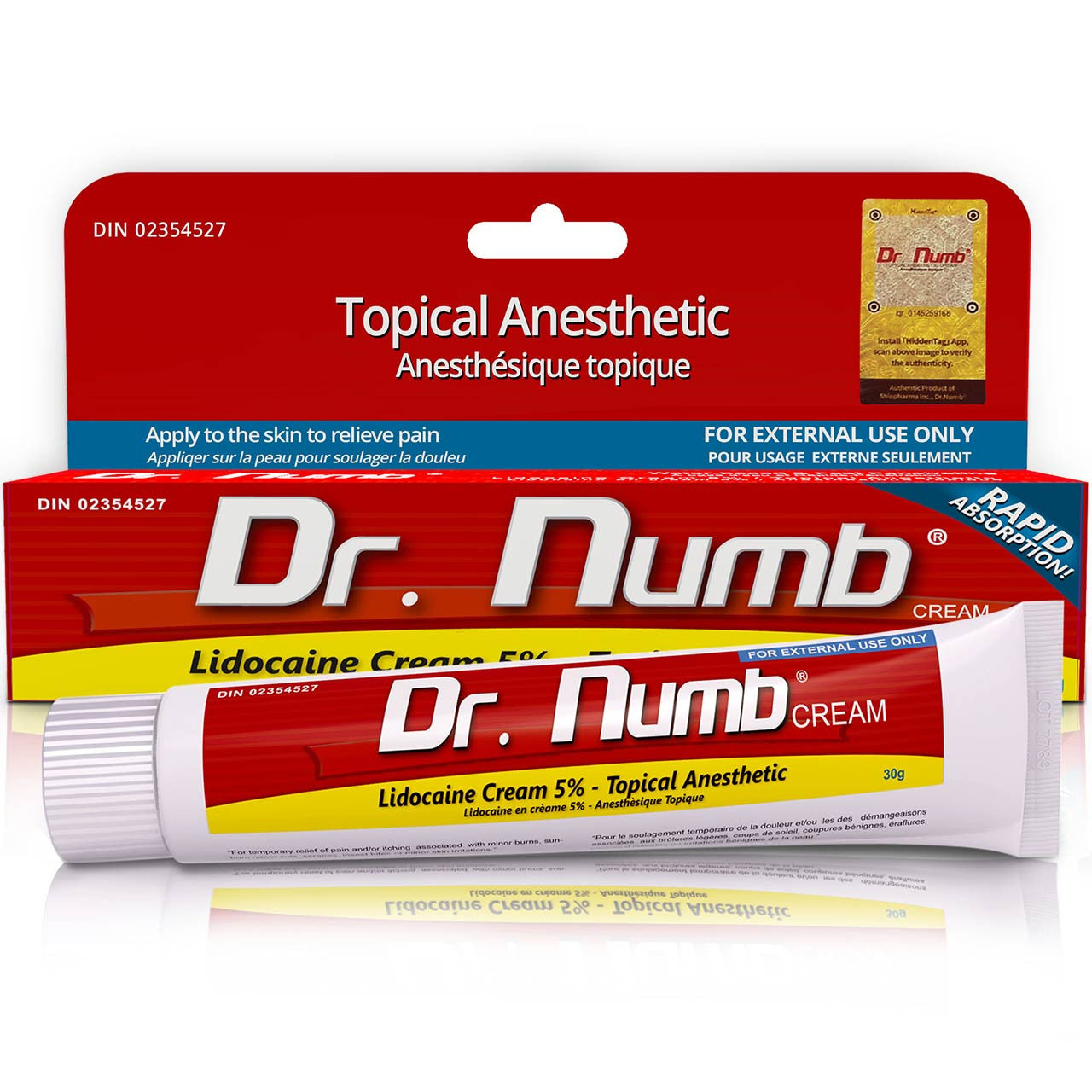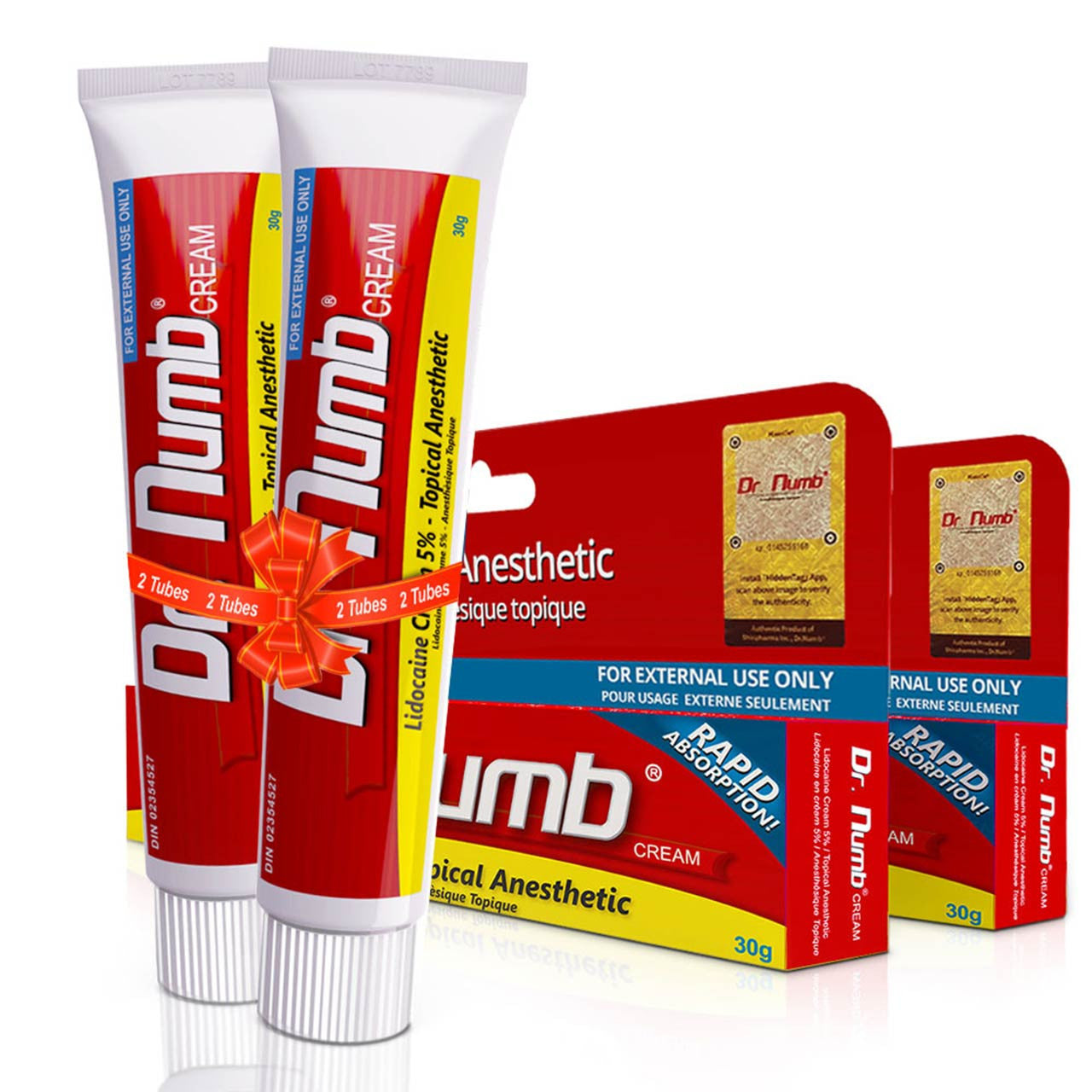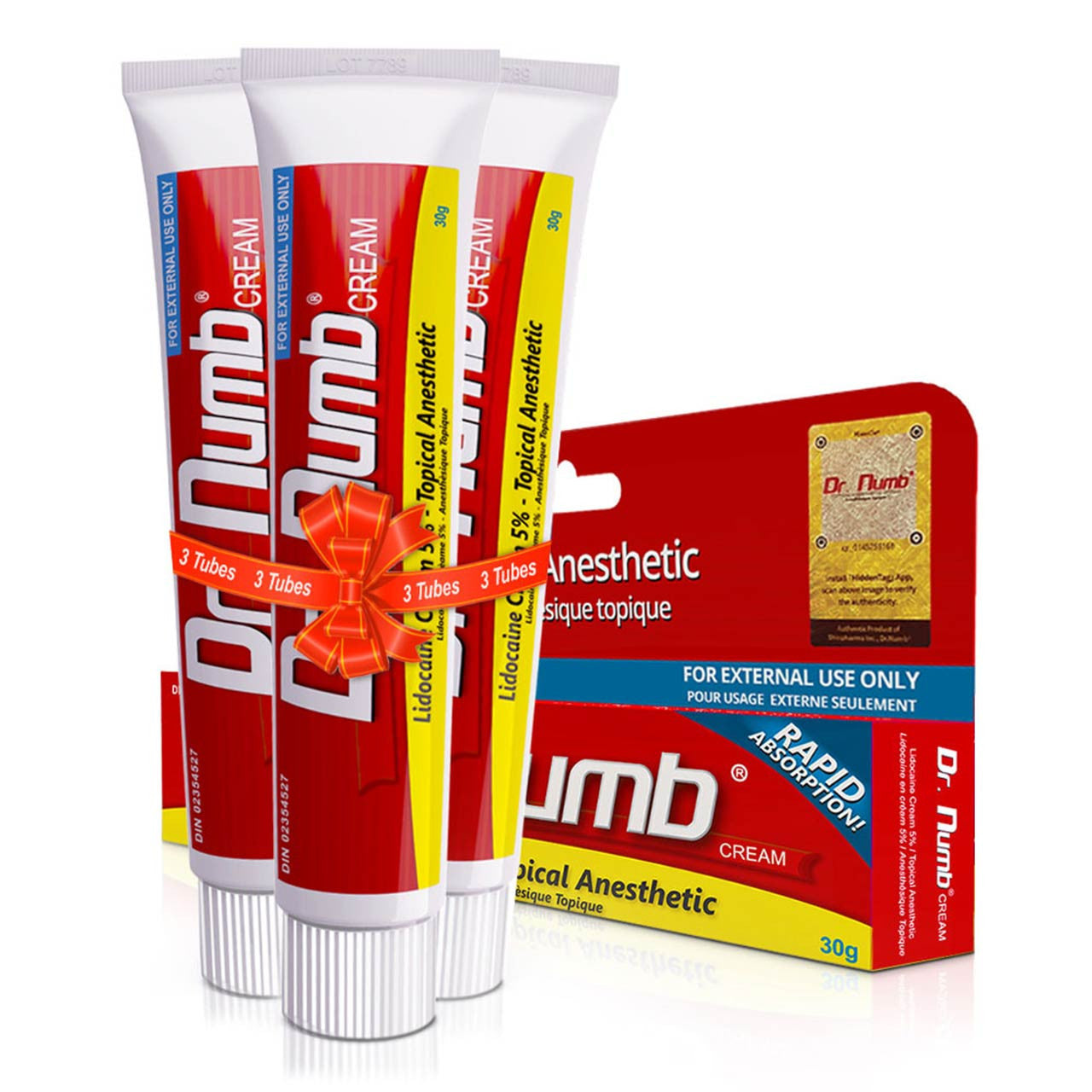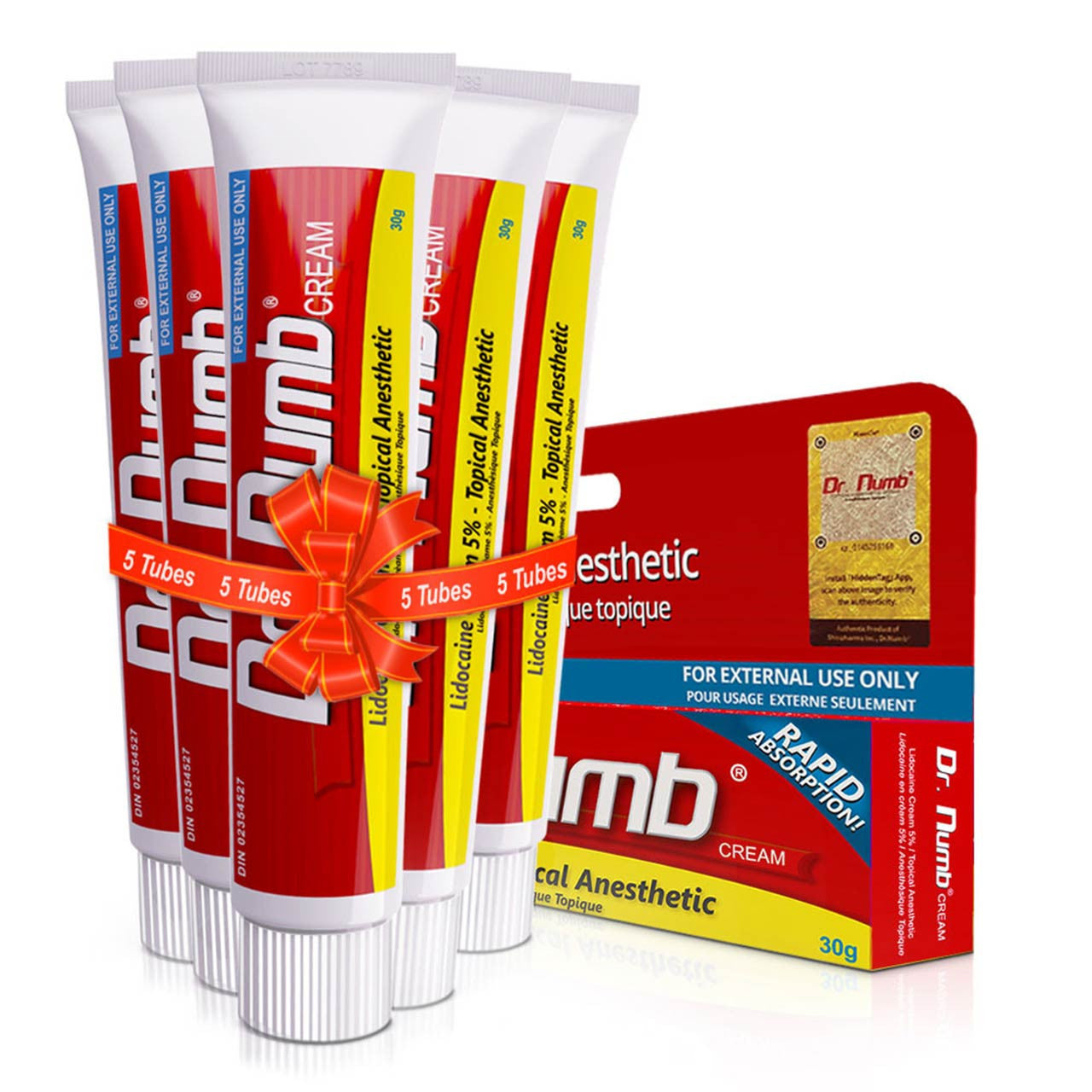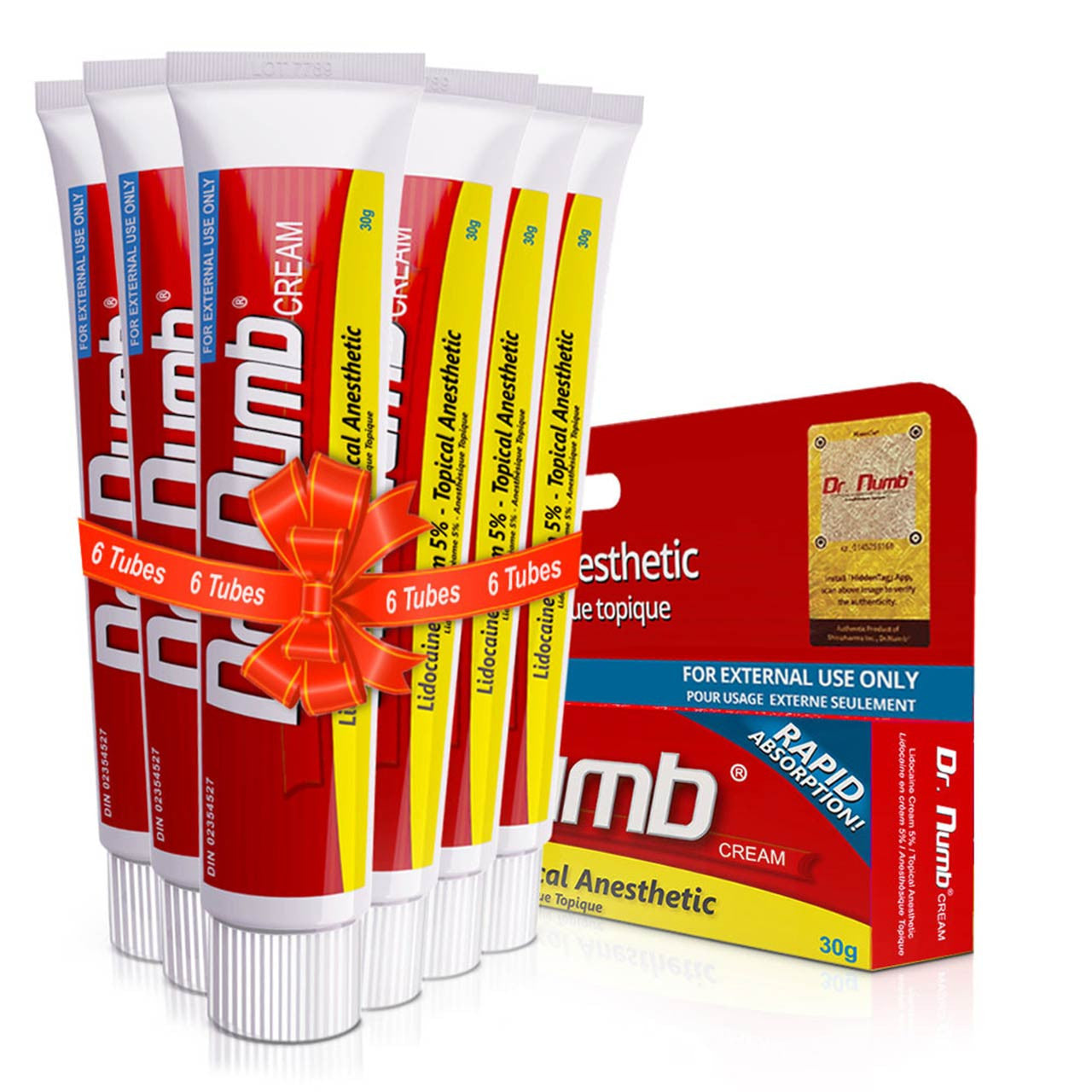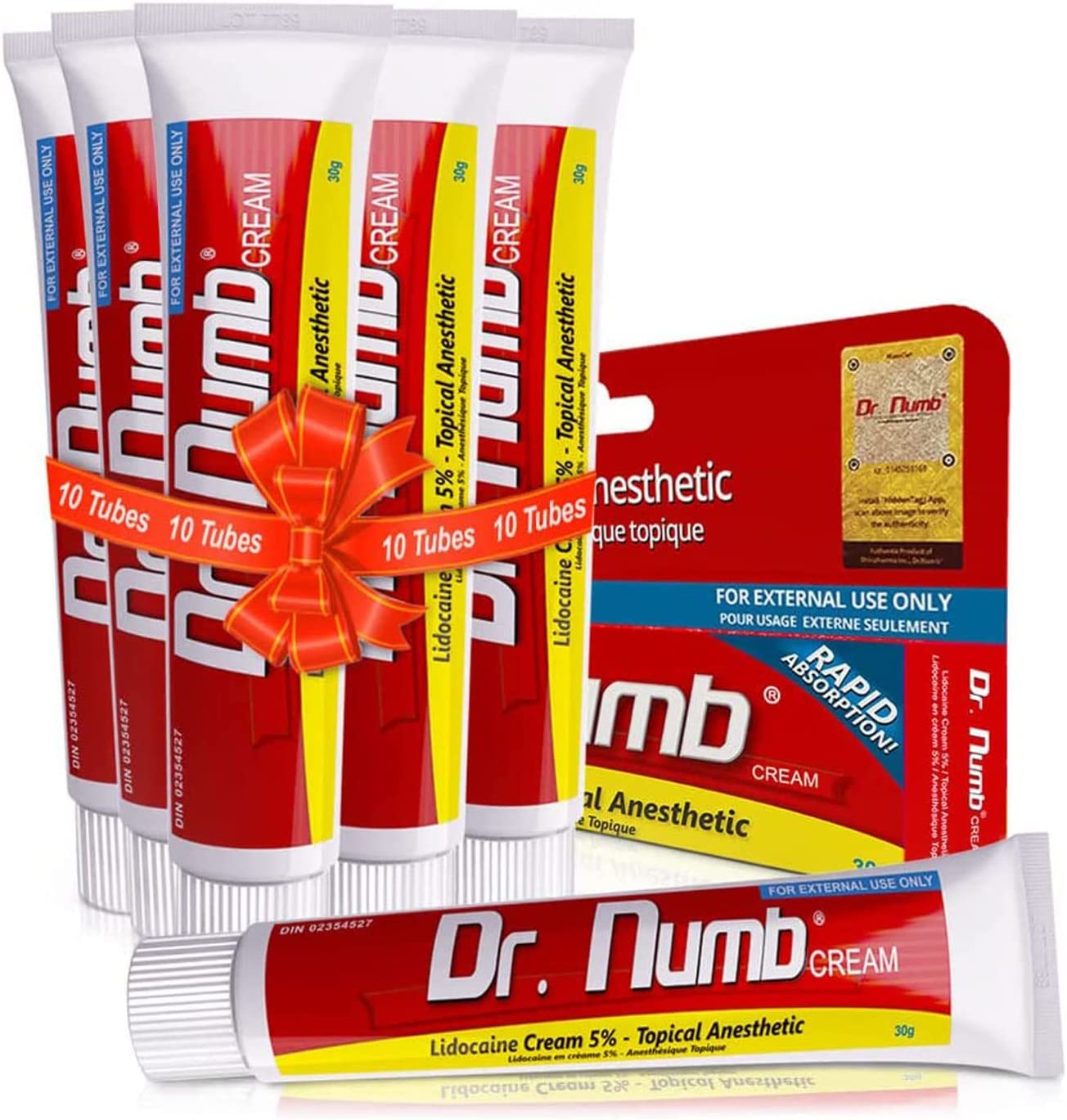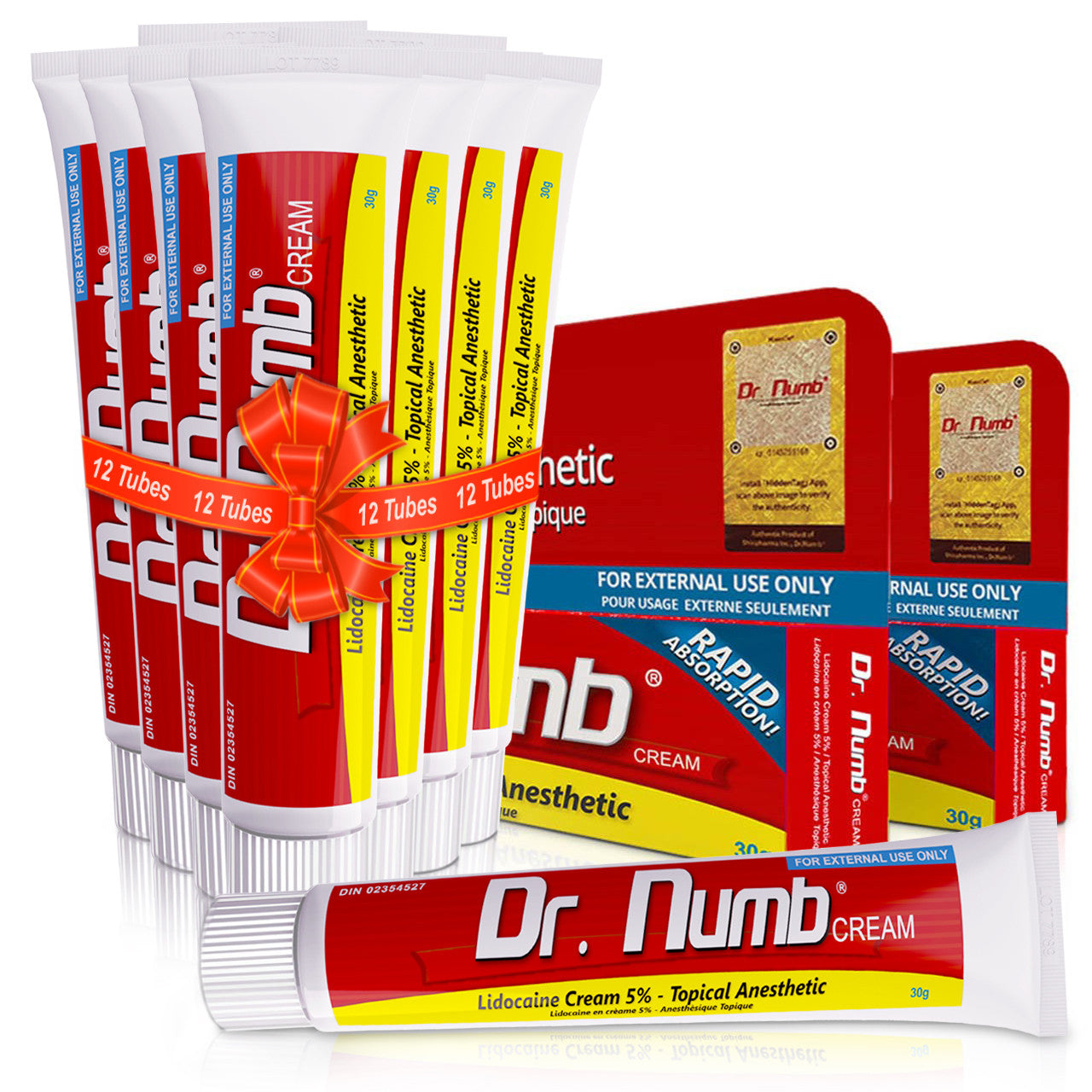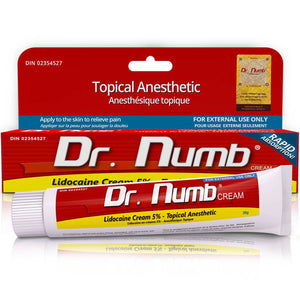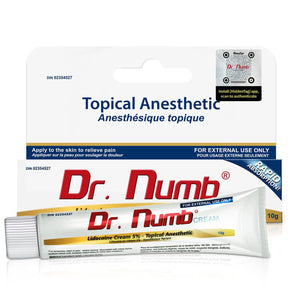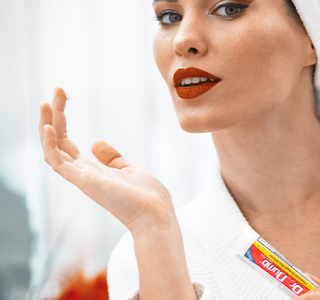Bacteria can infect a belly button piercing before it has healed completely, causing swelling, pus, fever, chills, an upset stomach, and a swollen bump near the piercing.
Wash the area with water and mild soap two times a day. Alcohol and hydrogen peroxide can slow healing. Use antibacterial ointment and non-stick bandages to cover the area.
The application needs to be replaced as needed. Bacitracin cream can treat an infection and improve wound healing.
In this blog post, we will explain how to treat a belly button piercing that has become infected and provide infection prevention tips for belly button piercings.
How To Treat An Infected Belly Button Piercing: 8 Ways

Belly button piercings can be a great way to express oneself, but they come with a risk of infection, just like any other form of body modification. If you observe any indications of illness in your piercing, there are a few steps you can take to treat it. Here are a few tips for treating a belly button piercing that is infected:
- Wash the Area Twice Daily: To clean a wound, always use mild soap and water. Hydrogen peroxide and alcohol can slow down the healing process. It is essential to keep the damage clean to prevent infection. If you are unsure how to clean a wound properly, seek medical attention from a healthcare professional.
- Apply a Thin Layer of Antibacterial Ointment: After applying ointment to a wound, it's essential to cover the area with a non-stick bandage. This will help protect the damage and keep it clean. Be sure to replace the application as needed to ensure the wound stays covered during the healing process.
- Monitor the Healing Process: If you're experiencing symptoms of an infection, it's essential to monitor your condition. For symptoms that persist or worsen after 5 to 7 days, it's recommended that you consult with a doctor. Sometimes, antibiotics or other medical care are needed to fight an infection. Seek medical attention if needed.

- Take Anti-inflammatory Medicines: If you're experiencing pain and swelling, over-the-counter medications may help. Ibuprofen and naproxen are two common choices that can be effective. However, reading and understanding the label is essential to take the proper dosage and use the medication safely.
- Scrub Your Hands Thoroughly: To avoid introducing more bacteria to your piercing wound, cleaning your hands before cleaning the piercing is essential. This simple step can help prevent infections and promote proper healing. Always ensure your hands are clean before touching any piercing jewelry or wound.
- Use a Saltwater Mixture: Saltwater can act as an effective antiseptic. You can apply this mixture using a fresh cotton ball or a clean pad.
- Clean the Jewelry: To ensure your belly button is properly cleaned, rotate any jewelry you may have in it. This will help eliminate any bacteria that may cling to the exposed parts of your belly button.
- Dry with a Paper Towel: After cleaning, pat dry the area with a paper towel instead of a regular towel. Regular towels could harbor more germs than you'd expect. A clean paper towel minimizes the risk of introducing new bacteria.
8 Tips To Avoid Belly Button Piercing Infection
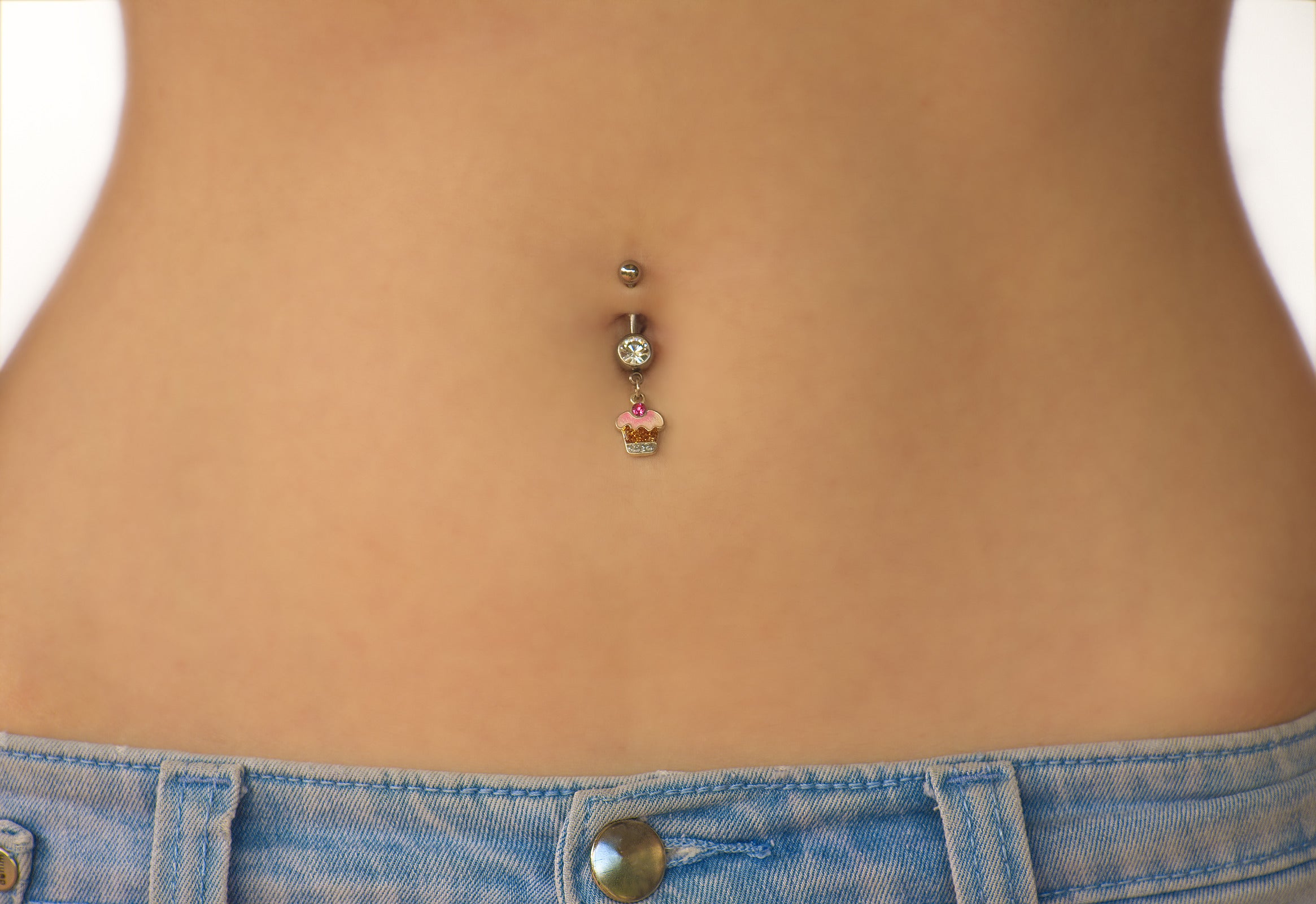
Belly button piercings are a fun and unique way to express your style but aren't without risks. Infection is common, but you can reduce the risk and ensure proper healing with proper care. Here are some essential tips for a clean and healthy belly button piercing.
Choose Wisely When Selecting a Piercer
Choosing a reputable piercer is the first step in your belly button piercing journey. It's not a decision to take lightly; this professional will permanently change your body. Do your research, look at reviews, and ask for recommendations.
A good piercer should have a clean studio, use sterilized equipment, and provide clear aftercare instructions. Choosing wisely can significantly reduce the risk of complications later on.
Keep Your Piercing Clean
It's crucial to clean your belly button piercing twice a day. Regular cleaning helps eliminate bacteria that could cause infection.
Use a saline solution or a piercing cleanser recommended by your piercer. Avoid harsh soaps or alcohol-based products, which can irritate the skin and slow healing. Remember, cleanliness is critical to preventing infections.
Resist the Urge to Fiddle with Your Jewelry
It might tempt you to twist or turn your jewelry, especially when you are bored or anxious. However, doing so can introduce bacteria into the piercing and lead to infection.
Instead, try to leave your jewelry alone as much as possible. For instance, if you must touch it while cleaning, ensure your hands are thoroughly washed first.

Be Cautious Around Water Bodies
Pools, hot tubs, and lakes may seem inviting, especially during hot summer. But these places are often teeming with bacteria that could infect your piercing. If possible, avoid swimming until your piercing has fully healed. Cover your piercing with a waterproof bandage and clean it thoroughly afterward if you must swim.
Keep Your Hands Off
Touching your piercing with dirty hands is a surefire way to introduce bacteria and cause an infection. Attempt to keep your hands away from your belly button, especially if you still need to wash them.
Dress Appropriately
Loose clothing can help reduce irritation and friction with your piercing, promoting faster healing. Tight clothes might catch on the jewelry and cause discomfort or even injury. Fabrics like cotton will keep the area around your piercing dry and comfortable.
Protect Your Piercing
Your belly button piercing needs protection, especially in the early stages of healing. Avoid sleeping on your stomach, which could pressure the piercing and slow recovery. Also, be careful when using towels or loofahs; they can snag on the jewelry and cause injury.
Avoid Changing Jewelry Early
It might be exciting to experiment with different jewelry, but changing too soon can irritate the piercing and lead to complications. Wait until your piercer gives you the green light, usually a few months, to switch out jewelry.
6 Causes of Belly Button Piercing Itchy

Piercing can sometimes lead to discomfort or even infection. Identifying their causes is critical to preventing them. This guide will explore some common reasons your belly button piercing might cause trouble.
Poor Aftercare
One of the primary reasons belly button piercings get infected is inadequate aftercare. It's essential to keep your new piercing clean and free from bacteria. Otherwise, you may end up with an infection.
Clean the piercing with a saline solution at least once daily, avoiding touching the piercing unnecessarily, and ensure that your clothing doesn't irritate the area.
In simpler terms, think of your belly button piercing as a minor wound. It needs to be kept clean and given time to heal. If you ignore these steps, you might deal with a painful infection.
Allergic Reactions
Sometimes, your body might react poorly to the material of the jewelry used in your piercing. This could lead to an allergic reaction, resulting in redness, itching, and infection.
If you're experiencing these symptoms, considering whether you could be allergic to the metal in your piercing might be worth considering.
Injuries
Injuries to your belly button piercing can also cause infections. This could be anything from getting the piercing caught on your clothing to accidentally knocking it. The trauma can create an open wound, which becomes an easy target for bacteria.
Skin Disorders

Certain skin disorders, such as psoriasis or eczema, can increase the risk of an infection in your belly button piercing. These conditions can cause breaks in the skin, increasing infection risk.
Bacterial Infection
A bacterial infection is one of the most common causes of belly button swelling. This usually happens when bacteria enter the piercing, often because of poor aftercare or when the piercing is touched with dirty hands.
Fungal Infection
A fungal infection could be the culprit behind your infected belly button piercing. This infection is less common but can occur if the area stays too moist or needs to be adequately cleaned.

Conclusion
Piercing your belly button is a fabulous way to express your style, but it comes with potential risks, such as infection, when not cared for correctly.
That being said, by exercising good hygiene, using the right products for cleaning, and keeping a close eye on the healing process, you can prevent complications and maintain your chic aesthetic.
These steps won't work if your symptoms persist or escalate after 5 to 7 days. Please seek medical attention. Remember, safety and health should never be compromised for style.

![The 8 Best Ways To Treat An Infected Belly Button Piercing [With 8 Avoid Tips]](http://drnumb.ca/cdn/shop/articles/How_To_Treat_An_Infected_Belly_Button_Piercing__8_Methods_Safe_DIY.jpg?v=1711173617&width=1100)

